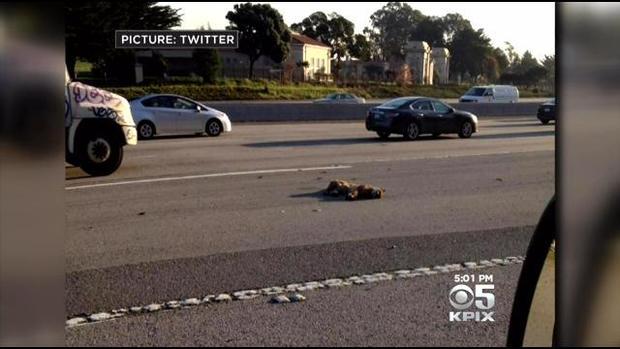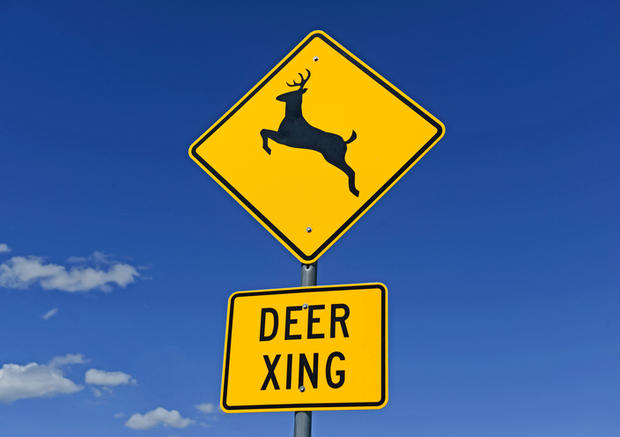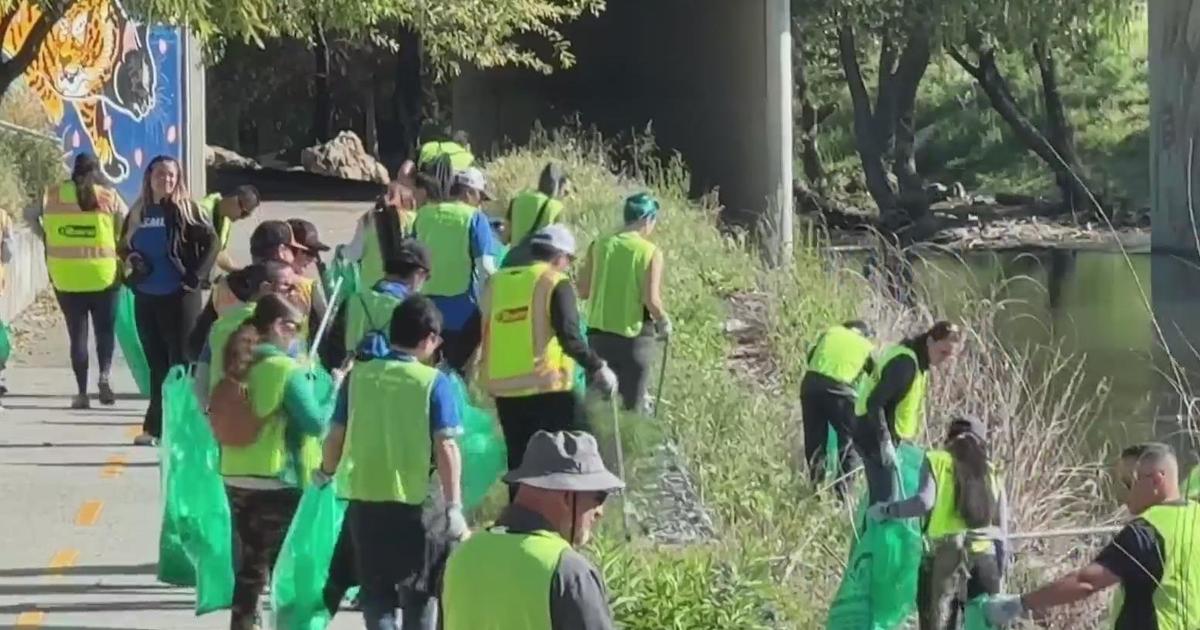Busy Stretch Of Interstate 280 A 'Death Trap' For Wild Animals
SAN FRANCISCO (CBS SF) -- Roadkill is an all too familiar sight for Northern California drivers. These critter versus car collisions are obviously fatal for the poor animals involved, and they can also result in vehicle damage, even death for the people involved.
A new report pinpoints a busy stretch of Interstate 280 between San Francisco and San Jose as a virtual "death trap" for wildlife. Out of some 700,000 accidents along that highway, more than 6,000 involved wild animals.
"It was built at a time when there was not as much consciousness of the protection of wildlife and certainly not the legal structures for the protection of wildlife," James Egger of the Sierra Club said.
Scientists at the University of California at Davis are studying the adverse impact of roads on nature and have identified dozens of hotspots across the state for roadkill.
"Thousands of animals are killed on California's roads every day, including endangered species," says Fraser Shilling, co-director of the UC Davis Road Ecology Center.
Shilling and his team of so-called road ecologists developed the California Roadkill Observation System that tracks the animal carcasses along roads and highways. Since 2009, they've seen exceptionally high numbers of collisions involving vehicles and deer along I-280. There were similarly high concentrations along Interstate 80 between Davis and Sacramento.
The team is now using GPS collars, wildlife cameras, along with the help of citizen observers to track the migratory patterns of wildlife near roads and highways, particularly mule deer. They are sharing their research with Caltrans to come up with ways reduce the number of car vs. animal collisions and allow safe passage for wildlife across highways.
The ultimate goal of the project is to promote "sustainable and friendly transportation systems" and help transportation planners "minimize the adverse impact" of humans and their cars on the wild animals who live and dwell among us.





